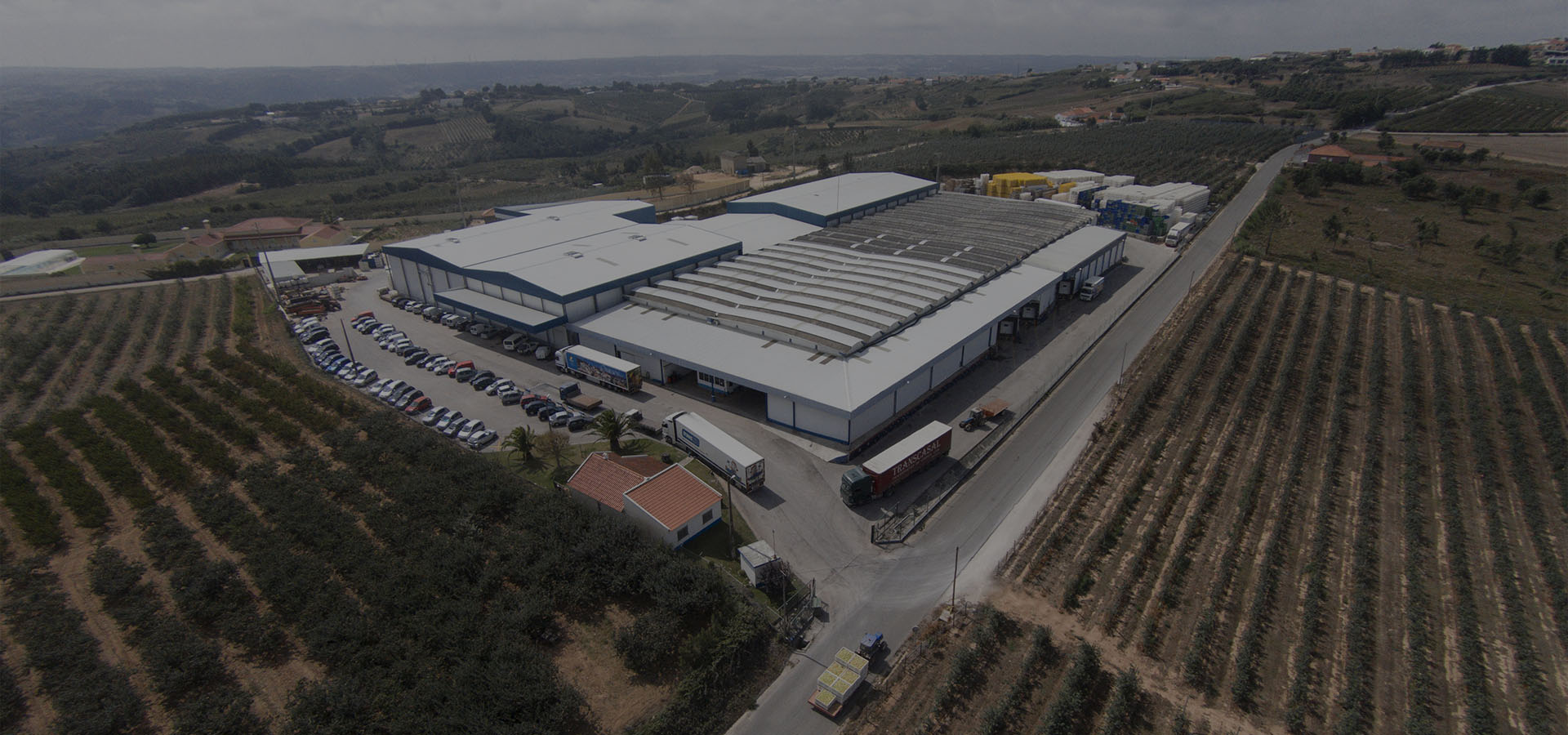The Code of Ethics and Conduct is a document that enshrines the values guiding the actions of Granfer – Produtores de Fruta CRL., as well as the ethical principles and standards of conduct to which its Statutory Bodies and employees are subject and which they must inherently assume as their own.
This Code aims to inform its recipients, suppliers, other public or private entities, and the community in general about the principles and values that govern the activities of Granfer – Produtores de Fruta CRL., fostering growing relationships of trust among all and reinforcing the identity elements of the organizational culture.
The provisions of this Code should be interpreted in harmony with the applicable legal standards concerning the rights, duties, and responsibilities of its Statutory Bodies and employees.
Article 1 Purpose
- This Code of Ethics and Conduct aims to contribute to the proper and dignified performance of duties by all Statutory Bodies and employees of Granfer – Produtores de Fruta CRL., both in their relationships with one another and in those established on behalf of or in representation of this company with other public or private organizations or the general public.
- This Code also serves as a reference for the required model of conduct for all Statutory Bodies of Granfer – Produtores de Fruta CRL. in their interactions with external entities and the general public.
Article 2 Scope of Application This Code applies to all Statutory Bodies and employees of Granfer – Produtores de Fruta CRL., regardless of their contractual relationship, hierarchical position, or workplace.
Article 3 General Principles and Duties The principles that must guide the conduct of Granfer – Produtores de Fruta CRL. employees in the performance of their duties are as follows:
- Principle of Legality – Employees must act in compliance with the constitutional and legal framework in force.
- Principles of Justice and Impartiality – Statutory Bodies and employees must treat all citizens and entities fairly and impartially, acting neutrally and pursuing the common good.
- Principle of Equality – Employees must not favor or disadvantage anyone based on ancestry, gender, race, language, political, ideological, or religious beliefs, economic situation, or social status, among other factors that could lead to inequality of opportunity or treatment.
- Principle of Proportionality – Employees should only require from citizens what is essential for the performance of their activities.
- Principles of Collaboration and Good Faith – Employees should cooperate with individuals or entities to achieve the best possible outcome in fulfilling their mission, avoiding unnecessary obstacles or difficulties.
- Principle of Loyalty – Employees must act loyally, in solidarity and cooperation with colleagues and the entities they interact with in their professional duties.
- Principle of Integrity – Employees should base their conduct on personal and professional honesty, avoiding any actions that could harm colleagues or external entities.
- Principles of Competence and Responsibility – Employees must act with diligence, responsibility, and commitment to professional development and the rigorous execution of their duties.
- Principle of Courtesy – Employees must interact with others respectfully and thoughtfully, fostering a healthy work environment and cooperative relationships.
Article 4 Organizational Environment Statutory Bodies and employees must promote a good work environment, mutual support, and teamwork, maintaining a conduct based on mutual respect, professionalism, cordiality, and honesty.
Article 5 Change and Innovation Employees should adapt to the modernization of work processes and new management tools, attending training sessions for continuous learning and skill enhancement.
Article 6 Information Management
- Employees must ensure the communication, recording, and sharing of information within their organizational unit to facilitate knowledge management and preservation.
- The above does not exempt employees from respecting professional, statistical, or other legally mandated confidentiality obligations.
- Employees may only use information obtained through their duties for official purposes, without using it for personal or third-party benefit.
Article 7 Responsible Use of Resources Employees must ensure the protection and preservation of Granfer – Produtores de Fruta CRL.’s physical, financial, and intellectual assets, using resources efficiently for the company’s objectives and avoiding personal or third-party use.
Article 8 Environment Employees must use available mechanisms to reduce their environmental impact, such as proper waste separation, the use of recycled paper, and responsible consumption of water and energy.
Article 9 Relationships with External Entities Employees must handle all matters with professionalism, striving to maximize satisfaction and meet the legitimate interests of all stakeholders.
Article 10 Conflict of Interest
- Employees must handle all matters impartially, objectively, and transparently, preventing and avoiding conflicts of interest.
- If an employee is involved in a decision-making process with a potential conflict of interest due to family ties, friendships, or rivalries, they must inform their superior to ensure compliance with ethical standards.
Article 11 Gifts, Gratuities, and Advantages
- Employees must refrain from accepting gratuities, gifts, or advantages from third parties beyond mere courtesy or symbolic value.
- Any received gifts or advantages exceeding these limits must be reported to a superior and, if necessary, returned to the sender.
- When delivering corporate gifts on behalf of Granfer – Produtores de Fruta CRL., employees must ensure the institutional nature of the gesture.
Article 12 Company Image
- Employees must be aware that their opinions matter when discussing matters related to the company, particularly in professional settings.
- Employees should conduct themselves in a way that does not compromise the company’s image.
Article 13 Non-compliance Violation of any principles or duties outlined in this Code, under legally defined conditions, may lead to disciplinary liability.
Article 14 Review This Code shall be reviewed every three years with input from all sectors.
Article 15 Dissemination This Code shall be distributed to all employees via institutional email, made available in offices for consultation, and published on Granfer – Produtores de Fruta CRL.’s website.
Article 16 Entry into Force This Code shall enter into force on the day following its publication on Granfer – Produtores de Fruta CRL.’s website.
February 10, 2025


